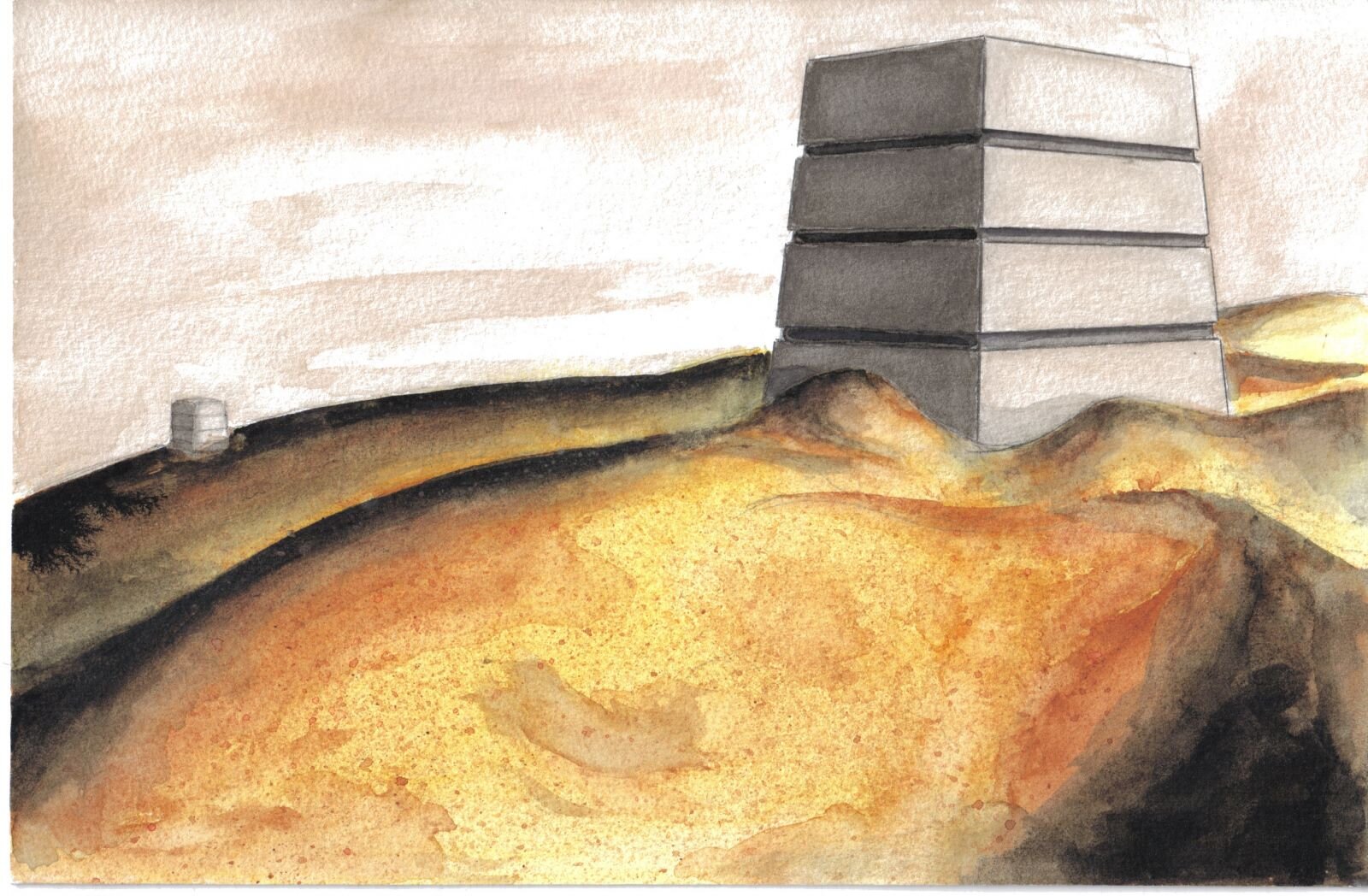Book Commentary: 'Dune'


One of my ongoing goals over the past few decades has been to read the seminal literary classics that have influenced our industry in so many ways. I enjoy sci-fi and fantasy pretty much equally, but both take a back seat to both "vocational" reading that supports whatever projects I have got going at any given time and to unequivocal classics like Lewis's "space trilogy" and the like. Following are some of my impressions of Dune, any of which I would welcome feedback on.
* It is pretty clear to me that Herbert had the same sort of "Western History" background that all of us over a certain age have and a number of recognizable themes jump out at me in his work. For example, the
* Herbert does pretty overtly romanticize Arab culture in general and all but glorify Bedouin culture in particular. That probably sat pretty well with his audience four or five decades ago, but now that we have been at war with both Arab and tribal powers since 2001 -- putting us in the unenviable place of the vilified Harkonnens -- I have to wonder if this comes off as quite so charming for current readers.
* Herbert is very vague as to what the "weirding way of combat" actually is. In the 1984 David Lynch file adaptation of Dune, for example, weirding is interpreted in the context of powerful sonic weapons, but I was surprised to discover that this is no means explicit in the book. And a scene in the film where an aircraft is shot down with a sound projector is paralleled in the book by one where an aircraft is instead shot down with rockets.
* Several of the main characters are very young when the book begins and not much older when it ends (e.g., I think the Paul Atreides and Feyd Rautha are each about 15 when it begins and 18 when it concludes). Sting, however, is 33 when he plays the latter character in Lynch's 1984 film! And Sean Young, whose character Chany is initially described as a "child," is 35. This age disparity, by the way, is something that struck me when I read Gone with the Wind and compared it with the 1939 film. In the book,
* The edition of Dune I read included four appendices that I found to be extremely interesting and I enjoyed quite a bit, as I suspect will anyone interested in books covering the deep background of fantastic worlds (e.g., Tolkien's The Silmarillion). I would almost recommend a prospective reader of Dune to read these in advance, and I would definitely suggest that they refer to the final appendix -- a long and detailed glossary -- as needed during their reading, as this will in some cases give them a deeper understanding of the story.
Indeed, this glossary is almost a self-contained work in itself, and it went a long way toward giving me a greater appreciation for the sophistication of Herbert's science fiction. I would not be at all surprised to discover that it and the other appendices originally comprised some sort of separate guide to Dune released for fans of the work. The other three contain information on the social, political, and religious history of Herbert's universe (and the one on religion exhibits, I suspect, much of the author's attitude toward religion, which overlap in many ways with those of a great many intellectual writers).
If anyone out there happens to have an early edition of Dune, I would be very interested in knowing whether it contains these appendices -- or whether anyone knows whether they were, indeed, released initially as a self-standing work. If they do, that is certainly to Herbert's credit in itself.
* I think the various movie versions of the book have all done a pretty good job with it -- and yes, I know most people did not like Lynch's 1984 rendition of Dune! Having seen them all did take away from some of the mysteries that were revealed in the book. There is quite a bit in the book, however, that never gets touched on in the films, so it is still a source of many fun revelations.
Lynch's film generally gets a bum rap and that it is much better than people often give it credit for. And some of the clunkiest elements of the film -- such as all those damn voice-overs -- are adapted directly from the thoughts of characters in the book (in many cases verbatim).
Lynch does take some unnecessary liberties, of course ... For example, I don't recall anything from book about Harkonnen "heart plugs," and that whole thing with the rat tied to cat and it being the source of the drug administered to Thufir Hawat seems both perverse and dumb. Also, as mentioned before, the interpretation of "weirding combat" as having a sonic basis is fairly arbitrary. In Lynch's defense, however, Herbert is aggravatingly vague about what this sort of combat consists of, and in a visual medium like film the director probably had to make up something to fill in the blanks. Overall, however, I like this film -- and that is saying something, in that I loathe just about everything else Lynch has ever done.
That's it! Let me know what you think of this book or the film adaptations of it.
